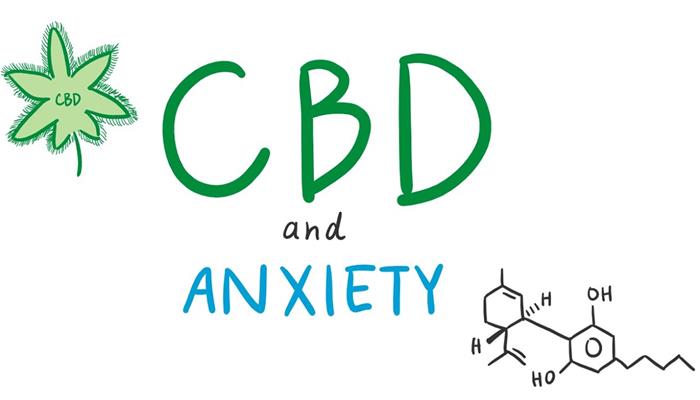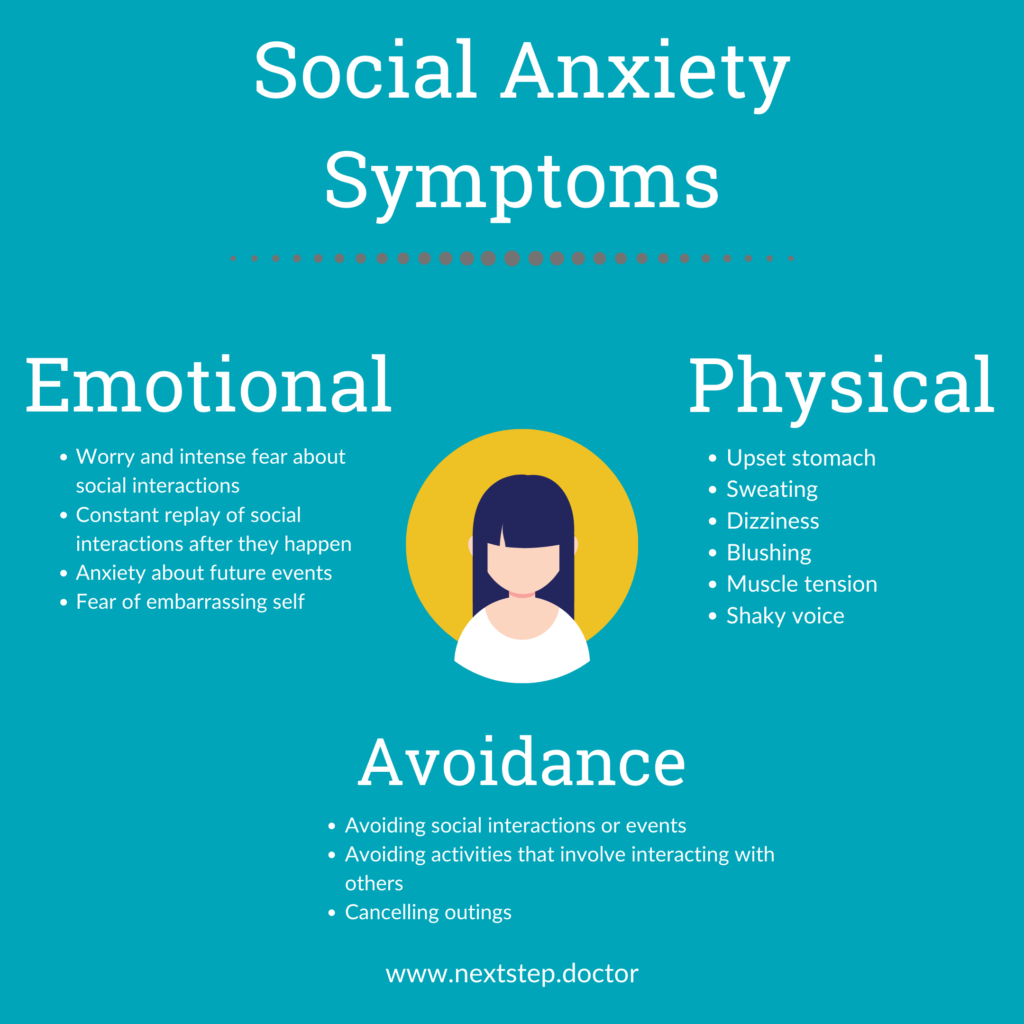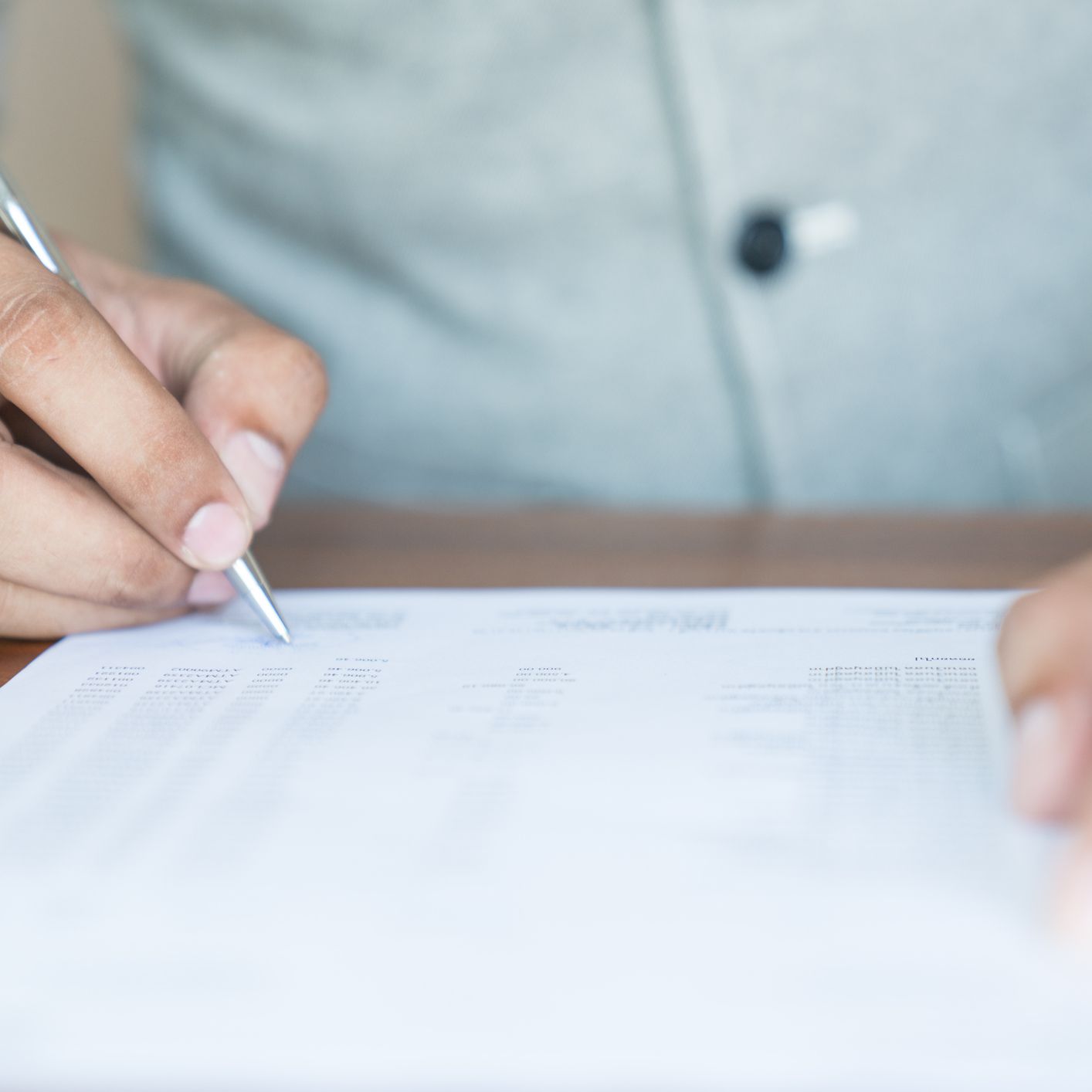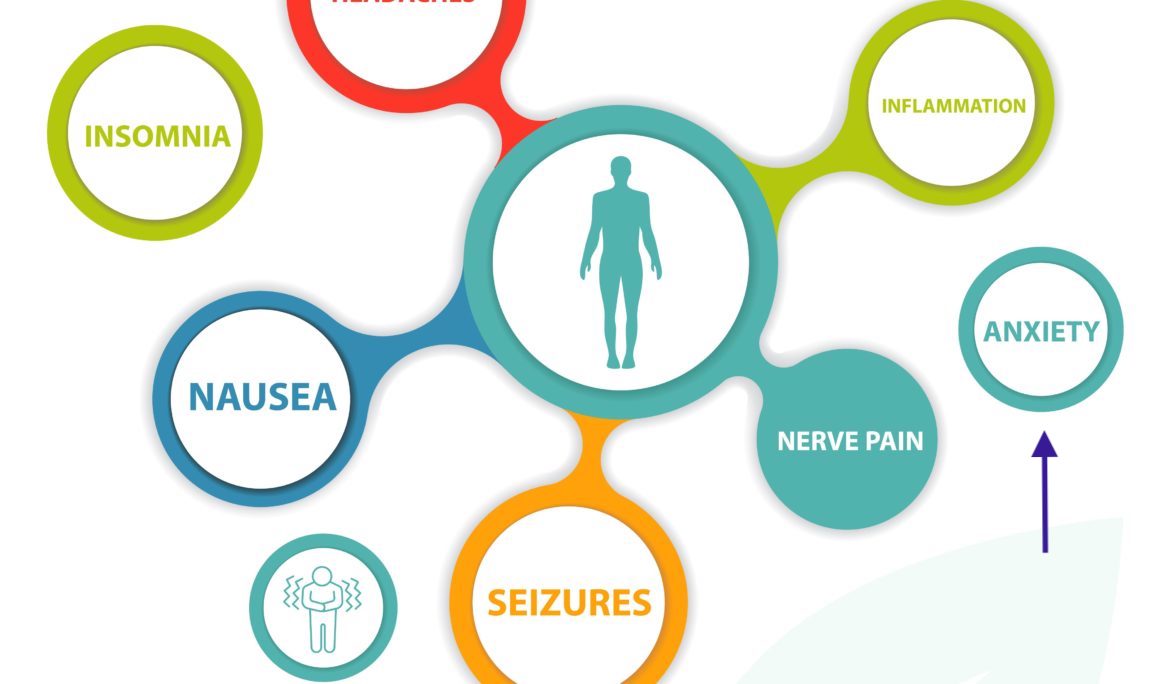Social anxiety disorder (SAD) is a condition characterized by excessive anxiety whereby an individual may feel judged.1 Such unease often finds its beginnings in performance situations and settings where interpersonal contact with others is required.1(1) Said anxiety generates fear of social environments, which may induce humiliation and/or embarassment.1(1) Left unmitigated, anxiety can cause social withdrawal and physiological stress. In the following sections, cannabidiol (CBD) will be explored as a potential supportive intervention in managing SAD and its downstream physiological effects.
Although SAD has been adequately characterized, its underlying etiology remains equivocal.1(1) As such, its full long-term effects remain unelucidated as well as clear and concise treatment interventions.1(1) Masataka1(2) stated that SAD is likely to begin in adolescence as well as early childhood using psychotropic medications and cognitive behavioral therapies (CBT) as primary interventional strategies. Such medications include benzodiazepines, monoamine oxidase inhibitors, serotonin reuptake inhibitors, and individual cognitive behavioral therapy.1(2) Though CBT usually includes 10–15 weekly sessions using psychoeducation, self-monitoring, social skills training cognitive therapy, and exposure-based techniques (all considered effective), Masataka1(2) also noted resistance and an unwillingness from some patients to engage in the same. It is possible CBD may provide another path for SAD individuals to pursue.
Masataka1(2) conducted a 4-week, randomized, placebo-controlled, comparative study using 37 Japanese adolescents who were screened and diagnosed with SAD using a Fear of Negative Evaluation Questionnaire (FNE) and Liebowitz Social Anxiety Scale (LSAS). 26 males and 11 females (both ranging from 18-19 years of age) participated in the study while double masking was implemented, blinding the investigator and participants to the condition they were exposed to (i.e., CBD oil or placebo).1(2) All participants were randomly assigned; 17 participants (12 males and 5 females) were assigned to the intervention group (CBD) while 20 participants (14 males and 6 females) were assigned to the placebo group.1(2) Each day, the intervention group received 300 mg of pure CBD while the placebo group received the equivalent dose in olive oil.
After the 4-week study, both groups were reassessed using the FNE questionnaire to compare the same from baseline findings. The CBD group showed a statistically significant decrease in FNE and LSAS when comparing pre and post treatments, while the placebo group did not show any significant changes in FNE and LSAS readings when comparing pre and post treatment.1(4) Ultimately, the results of the above study provided evidence for anxiolytic (anti-anxiety) effects of repeated CBD administration amongst teenagers with SAD. Such results should encourage the possible use of CBD as a complimentary intervention, or as a replacement for individuals resistant to CBT and pharmacological approaches.
In conclusion, SAD is a condition characterized by excessive anxiety where an individual may feel judged. Such unease often finds its beginnings in performance situations and settings where interpersonal contact with others is required. Said anxiety generates fear of social environments, which may induce humiliation and/or embarrassment. Left unmitigated, anxiety can cause social withdrawal and physiological stress. The above findings suggest that CBD has anxiolytic properties, which could prove useful as a complimentary/supportive intervention with CBT and conventional drug protocols. Alternatively, CBD may be a viable replacement of the aforementioned approaches, though additional research needs to be conducted to verify the same.
References
Masataka N. Anxiolytic effects of repeated cannabidiol treatment in teenagers with social anxiety disorders. Front Psychol. 2019;10:1-6. doi:10.3389/fpsyg.2019.02466.
-Michael McIsaac





